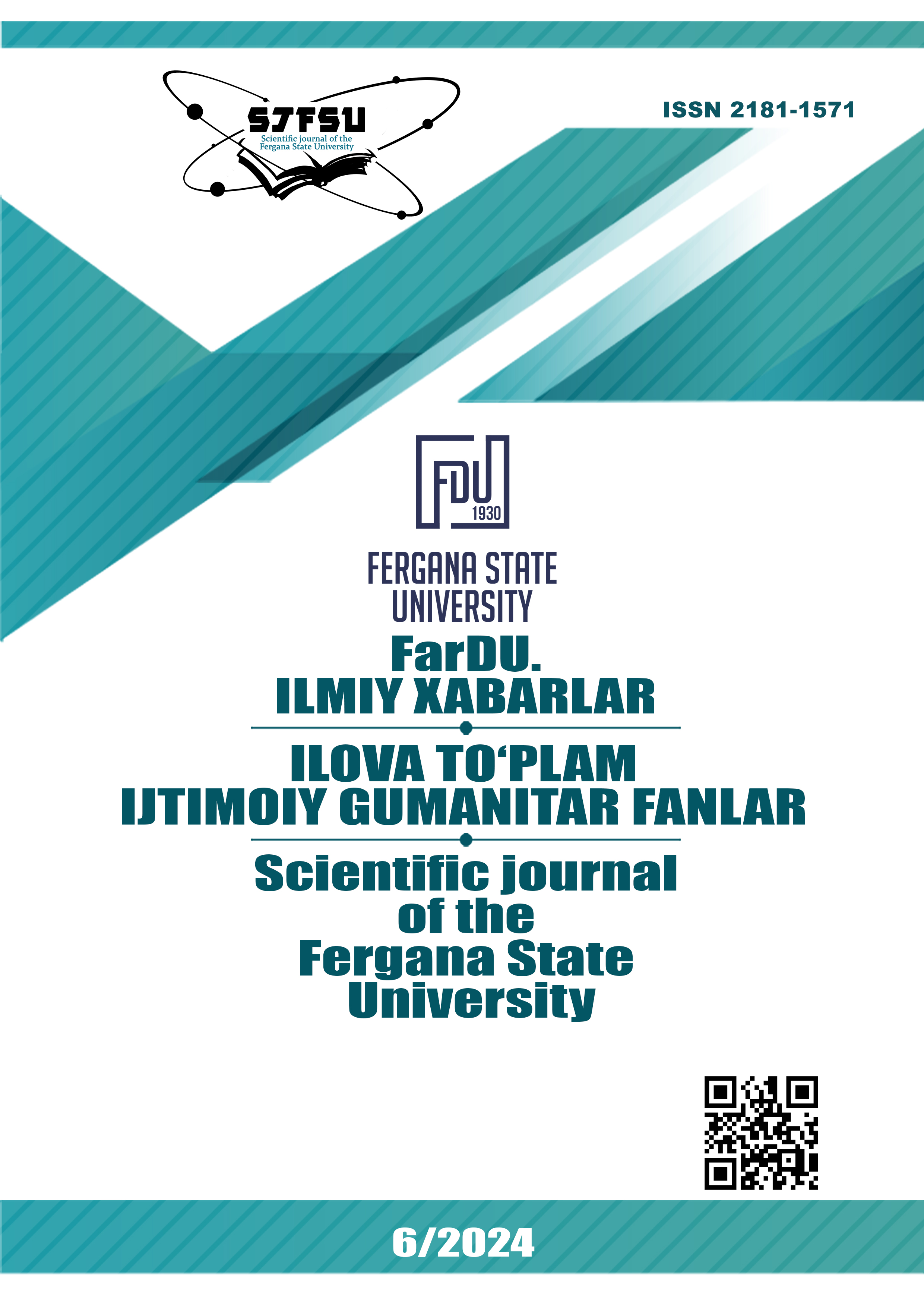ONLINE ENGLISH LANGUAGE LEARNING AND ITS PROMOTION
Keywords:
Online English language learning, E-learning, English language teaching, Educational technology, Language acquisition, Promotion, Marketing, Outreach, Accessibility, Effectiveness, Online resources, Digital literacyAbstract
This study explores the rapidly expanding field of online English language learning and its promotion. The increasing accessibility of the internet and mobile technologies has enabled learners worldwide to develop English proficiency through digital platforms, significantly altering traditional paradigms of language education. This research examines the advantages and limitations of online English learning, evaluates effective strategies for its promotion, and highlights the pedagogical techniques that enhance learning outcomes.
The study identifies key benefits of online learning, including flexibility, cost-effectiveness, and the ability to cater to diverse learning styles. It also addresses challenges such as maintaining learner motivation, ensuring interaction, and overcoming disparities in digital literacy. Utilizing a mixed-methods approach, this study involves both quantitative and qualitative data collection, including standardized tests to measure proficiency and in-depth interviews to gather insights into learner experiences. Findings suggest that online platforms significantly improve overall language skills, particularly in listening and reading comprehension, though writing skills remain a challenge.
The research highlights the critical role of personalized feedback, community interaction, and technological accessibility in the success of online learning. To effectively promote online English learning, it is essential to enhance digital literacy, expand internet accessibility, and develop engaging and interactive content. Additionally, fostering a sense of community through collaborative projects and discussion forums can mitigate feelings of isolation often associated with online learning.
The results provide valuable insights into the design of effective online learning platforms and promotional strategies. Recommendations include integrating advanced analytics for tracking progress, employing adaptive learning technologies, and leveraging targeted marketing to reach diverse demographics. This study contributes to the growing field of online language education, offering strategies to improve learner engagement and outcomes while addressing challenges unique to digital environments.
References
Anderson, T., & Dron, J. (2011). Three generations of distance education pedagogy. International Review of Research in Open and Distributed Learning, 12(3), 80-97. https://doi.org/10.19173/irrodl.v12i3.890
Benson, P. (2013). Teaching and researching: Autonomy in language learning. Routledge.
Bozkurt, A., & Sharma, R. C. (2020). Emergency remote teaching in a time of global crisis due to the COVID-19 pandemic. Asian Journal of Distance Education, 15(1), 1-6.
Godwin-Jones, R. (2018). Second language writing online: An update. Language Learning & Technology, 22(1), 1-15.
Harasim, L. (2012). Learning theory and online technologies. Routledge.
Krashen, S. D. (1985). The input hypothesis: Issues and implications. Longman.
Liu, M., Moore, Z., Graham, L., & Lee, S. (2003). A look at the research on computer-based technology use in second language learning: A review of the literature from 1990–2000. Journal of Research on Technology in Education, 34(3), 250-273.
Means, B., Toyama, Y., Murphy, R., Bakia, M., & Jones, K. (2010). Evaluation of evidence-based practices in online learning: A meta-analysis and review of online learning studies. U.S. Department of Education.
Stockwell, G. (2012). Computer-assisted language learning: Diversity in research and practice. Cambridge University Press.
Warschauer, M., & Kern, R. (2000). Network-based language teaching: Concepts and practice. Cambridge University Press.
Downloads
Published
Issue
Section
License
Copyright (c) 2025 Scientific journal of the Fergana State University

This work is licensed under a Creative Commons Attribution-NonCommercial-NoDerivatives 4.0 International License.

